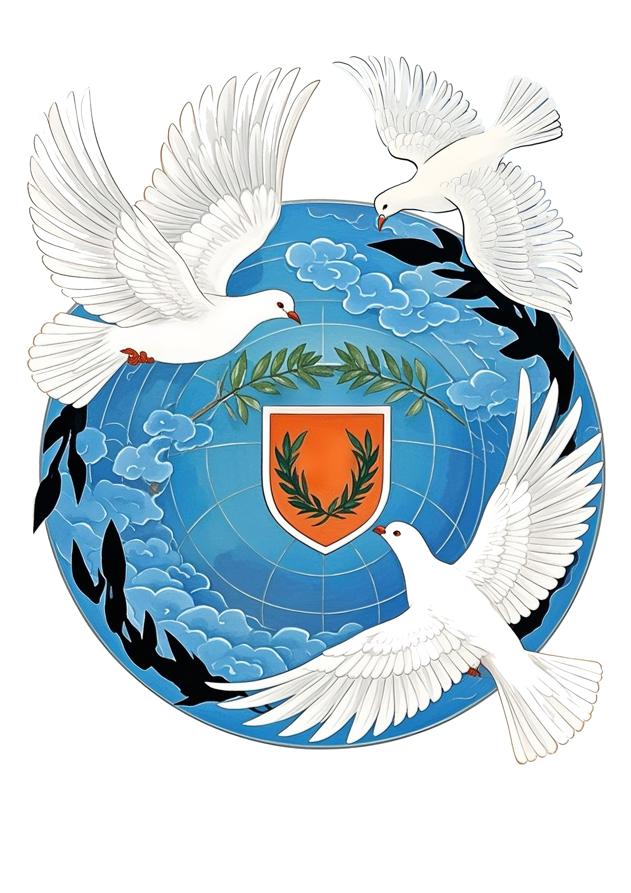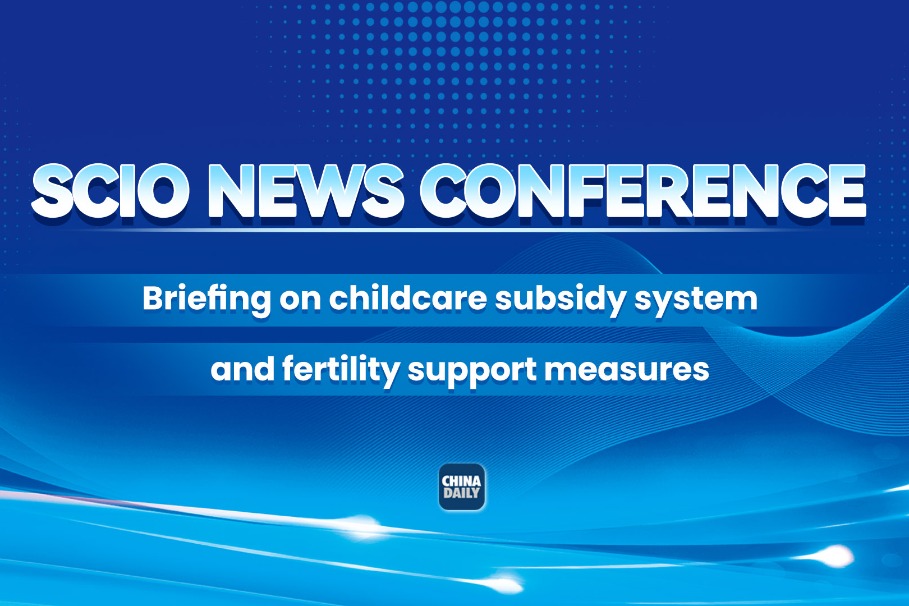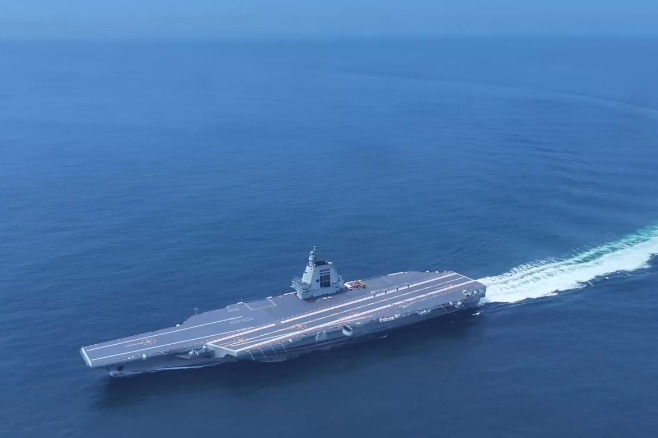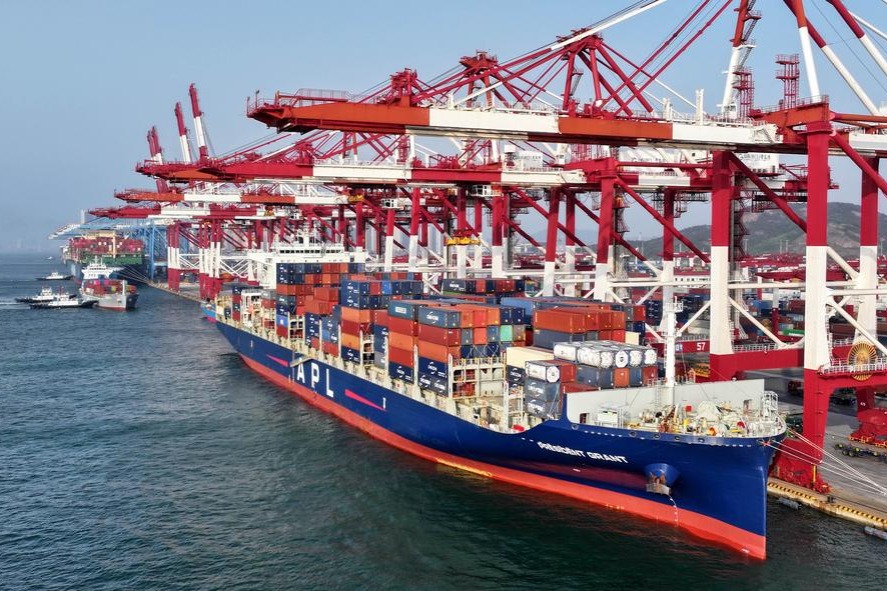Europe struggles in US-Russia standoff


The Russia-Ukraine conflict, which witnessed its third anniversary on Feb 24, has become what many say is a geopolitical puzzle, with a "dual-track dilemma" at its core. While the US leads negotiations, the European Union and many of its member states, as well as the United Kingdom seem sidelined.
US Secretary of State Marco Rubio met his Russian counterpart Sergey Lavrov, as well as other senior Russian and US officials held direct talks with Russian officials in Saudi Arabia recently in an effort to end the three-year-long Russia-Ukraine conflict. The move, following a phone call between US President Donald Trump and Russian President Vladimir Putin, has raised eyebrows because it bypassed Ukraine and the US' European allies.
By turning the conflict into a proxy war, the US, before Trump entered the White House a second time, intended to weaken Russia and keep European countries bound to NATO. Russia responded by issuing all types of threats, with the EU caught in the middle, unable to lead negotiations and burdened with the conflict's economic costs. This imbalance reveals a stark truth: Europe is losing its strategic voice and its interests are becoming irrelevant in global diplomacy. A conflict which could have been resolved through diplomatic means now threatens to reshape the entire European security framework, as the US wants to use the conflict to reshape transatlantic relations.
This strategy aims not to end the conflict, but freeze it — allowing the US to maintain its strategic dominance over Europe while pushing its economic agenda, for instance, of increasing its energy exports. Europe, caught in this tussle, has become little more than a pawn on the US’ chessboard.
Russia, on the other hand, perceives NATO's eastward expansion as an existential threat. It demands a reworking of Europe’s security architecture, seeking guarantees that NATO will not expand eastward further and that Ukraine will remain neutral. But the US is unwilling to relinquish its control over Europe, and Russia lacks sufficient leverage to force a change. This has led to a deadlock, with the two sides engaging in a zero-sum game where security and geopolitical compromises clash. The failure to resolve these differences means Europe is left negotiating its future security with no real power to shape the outcome.
The US wants to keep the negotiations within a narrow "Russia-Ukraine ceasefire" framework, avoiding the broader issue of Europe’s security. Russia, however, insists that Ukraine's fate be tied to a global strategic balance. This mismatch has led to a tactical delay in talks rather than a meaningful resolution, with Europe finding itself excluded from the discussions and further marginalized.
In the early days of the conflict, European countries set up a united front against Russia, imposing sanctions on the country. But this unity masked deeper fractures. The leaderships of Germany and France have weakened, and Eastern Europe's security concerns are growing. Germany's attempt to establish a "European Army" has faltered, unable to counterbalance NATO's dominance and the US' grip on European energy markets — meaning Europe's quest for strategic autonomy is being thwarted at every turn.
Besides, European countries' sanctions against Russian energy have caused industrial costs to surge, with US liquefied natural gas prices costing four times more than Russian pipeline gas. This has created an economically distorted "bleeding Europe, blood transfusion from the US" situation: Europe suffers while the US makes more profits. To make matters worse, the EU states are divided on how to handle the sanctions, with countries like Hungary calling for a softer approach to Russia. These divisions undermine European countries' global influence, making it harder for the EU to act independently.
The US has demanded that European NATO members spend at least 2 percent of their GDP on defense, but many European countries are unhappy to shoulder this added burden. Protests in France and the rise of far-right groups in Germany show the public is rejecting the idea of paying the price for a US-led war. This growing resentment is making it difficult for Europe to maintain its political and military cohesion, further eroding its influence in global affairs.
The Ukraine crisis has exposed the flaws in the UN Security Council's mechanisms, too. To prevent future conflicts, the global security governance system must be reformed, by, among other things, revitalizing organizations like the Arctic Council and establishing cooperative frameworks to resolve regional conflicts. A new, inclusive global security system can help build a platform for peace and stability, addressing the root causes of conflicts like the Russia-Ukraine conflict.
At its heart, the Ukraine crisis reflects the clash between US hegemony and Russia's survival instincts, with Europe stuck in the middle. If the "dual-track dilemma" continues, the conflict will persist with grave global consequences that include fractured supply chains and increasing instability. Only by creating a comprehensive security framework can the cycle of war, sanctions and confrontation be broken. If the world is to avoid a new Cold War, countries must work together to build a fairer, more effective and representative global order.
Wang Shangkun is a researcher at the Baize Institute for Strategic Studies, Southwest University of Political Science and Law; and Zhu Ying is a professor at the same institute. The views don’t necessarily reflect those of China Daily.
The views don't necessarily represent those of China Daily.
If you have a specific expertise, or would like to share your thought about our stories, then send us your writings at opinion@chinadaily.com.cn, and comment@chinadaily.com.cn.


































